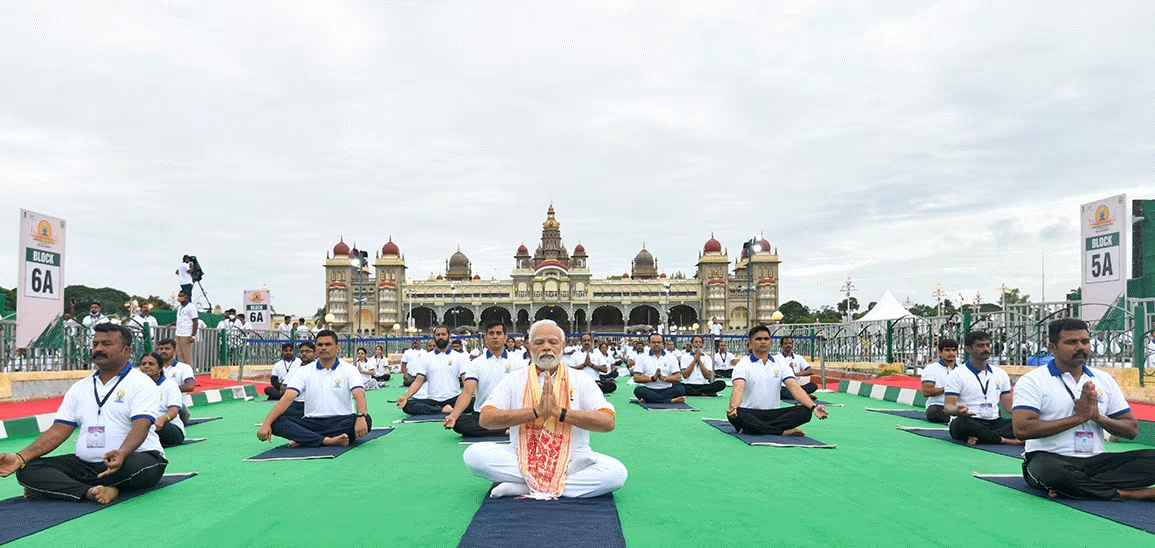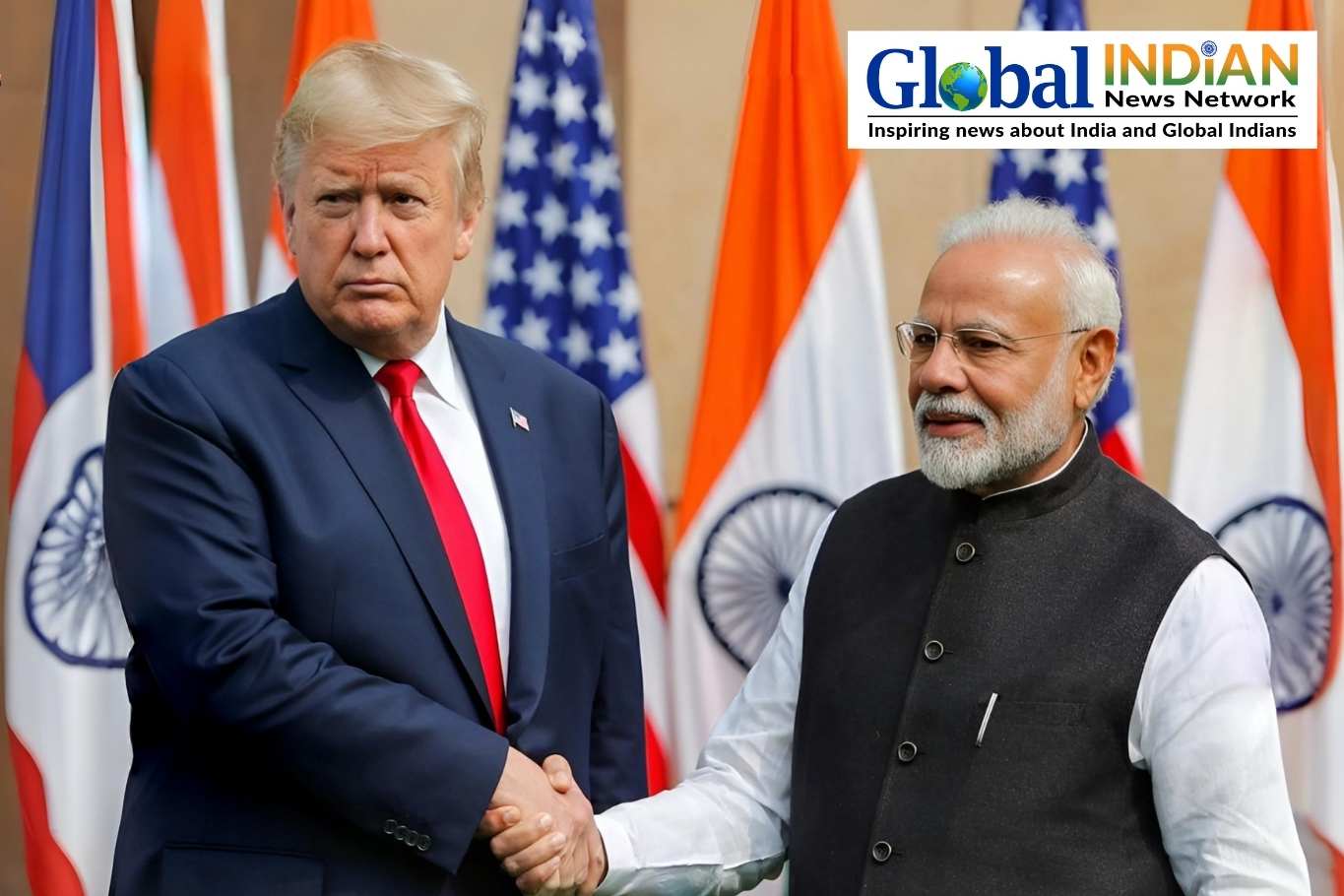
Indian Prime Minister Narendra Modi proposed International Yoga Day, celebrated annually on June 21, during his speech at the United Nations General Assembly on September 27, 2014. Highlighting yoga’s holistic approach to health and well-being, Modi emphasized its potential to foster unity among people and cultures. The proposal received overwhelming support, and on December 11, 2014, the UN General Assembly declared June 21 as International Yoga Day. We chose the date because it is the longest day of the year in the Northern Hemisphere and holds special significance in many parts of the world.
Yoga, an ancient practice originating from Hinduism in India, encompasses physical, mental, and spiritual disciplines aimed at achieving harmony between the mind and body. Over the years, yoga has transcended cultural and geographical boundaries, becoming a global phenomenon. The first International Yoga Day in 2015 saw participation from 177 countries, reflecting the widespread acceptance and enthusiasm for yoga.
Countries that have actively embraced and celebrated International Yoga Day include the United States, Canada, the United Kingdom, China, Japan, Germany, France, Australia, South Korea, and many more. The Prime Minister and other dignitaries often attend the main event of mass yoga sessions organized in various cities in India. The celebration extends to schools, universities, parks, and public spaces, with millions participating in yoga sessions worldwide.
The benefits of yoga are manifold, contributing to its global popularity. Physically, yoga enhances flexibility, strength, and posture. Regular practice can alleviate chronic pain, reduce inflammation, and improve cardiovascular health. Mentally, yoga is known for its stress-relieving properties. Techniques like pranayama (breathing exercises) and meditation help calm the mind, improve concentration, and promote mental clarity. Spiritually, yoga fosters a sense of inner peace and self-awareness, encouraging a balanced and mindful approach to life.
Yoga’s emphasis on holistic well-being aligns with the United Nations’ sustainable development goals, particularly in promoting positive health and well-being (Goal 3). The global celebration of International Yoga Day underscores the universal appeal of yoga and its potential to bridge cultural divides, promoting peace, harmony, and a healthier planet.
International Yoga Day, initiated by Prime Minister Modi and endorsed by the UN, is more than just a celebration of a physical practice. It is a testament to the enduring relevance of ancient wisdom in modern times, fostering unity and well-being across the globe.









